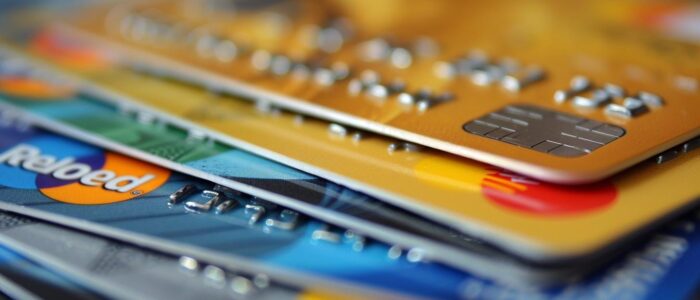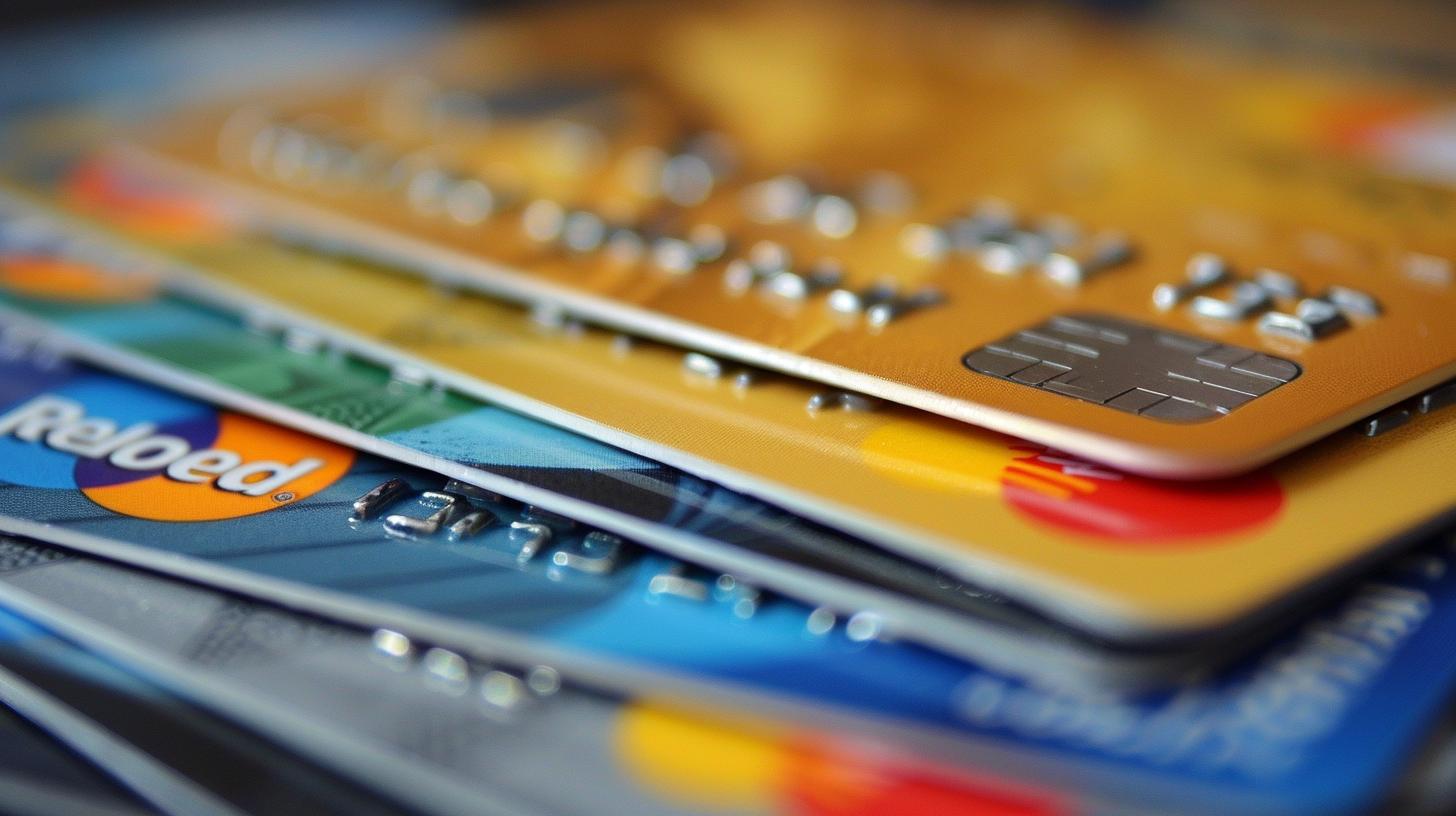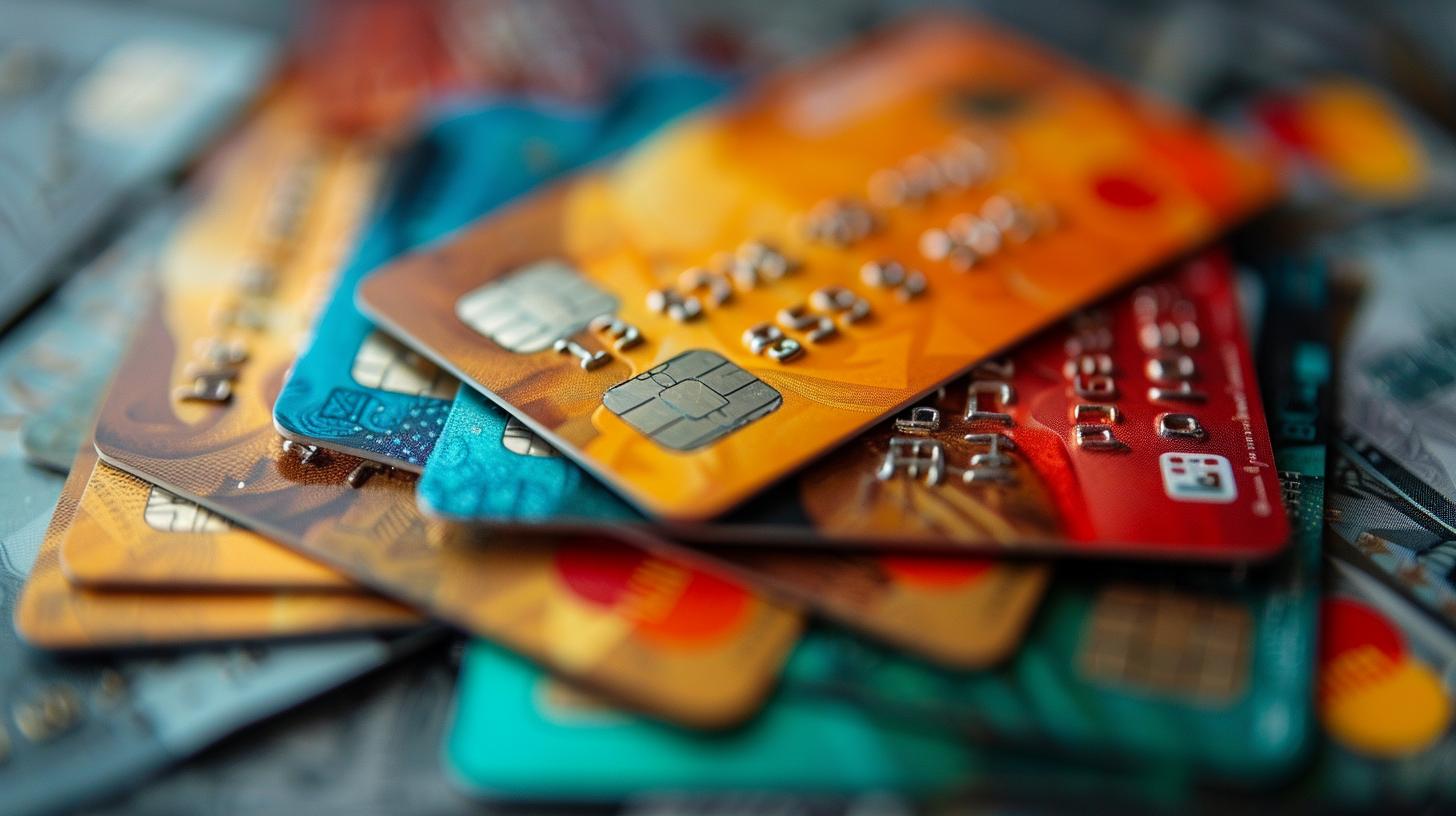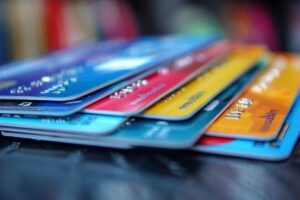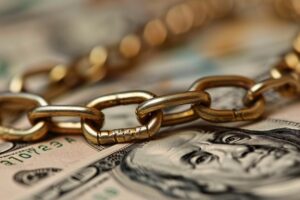Credit card fraud is a common issue that can wreak havoc on finances and security. It occurs when someone uses another person’s credit card information without permission. Recognizing signs of fraud and reporting it promptly is crucial.
Contact the card issuer immediately if fraud is suspected, protect your credit, and freeze it if necessary. Taking proactive steps to prevent fraud is key in safeguarding personal information and finances.
Protect against identity theft by securing personal documents and being vigilant online.
Different types of Credit Card Fraud
Fraud with Skimmers
Criminals often use skimming devices to capture credit card information without your knowledge. These devices can be attached to legitimate card readers at ATMs or point-of-sale terminals, allowing thieves to steal your card details.
Application Fraud
Application fraud occurs when someone uses your personal information to apply for a credit card in your name without your consent. This can lead to unauthorized charges and financial loss if not detected early.
Card Theft or Loss Fraud
If your credit card is lost or stolen, it can be used by unauthorized individuals to make fraudulent purchases. It is crucial to report a lost or stolen card immediately to prevent potential fraud.
Recognizing Credit Card Fraud
Detecting Unknown Transactions
Unexpected charges on your credit card statement can be a sign of fraud. Make sure to review your statement regularly and report any transactions that you do not recognize to your card issuer immediately.
Monitoring Changes in Credit Reports
Keeping an eye on any changes in your credit report is important for detecting potential fraudulent activity. Look out for any unfamiliar accounts, inquiries, or late payments that could indicate fraud.
Unauthorized Changes in Credit History
If you notice any unauthorized changes in your credit history, such as address changes or new accounts opened without your knowledge, it is crucial to take immediate action to report the fraud and protect your credit.
Reporting Credit Card Fraud
When it comes to reporting credit card fraud, taking immediate action is crucial to protect your financial well-being and personal information. Here are the key steps to follow:
Contacting the Card Issuer
- Notify your card issuer as soon as you suspect fraudulent activity.
- The card issuer will initiate an investigation into the fraud.
- Your card may be blocked to prevent further unauthorized charges.
Protecting Your Credit
- Request a copy of your credit report and review it for any unauthorized activity.
- Consider placing a fraud alert on your credit report to notify creditors of potential fraud.
- Monitor your credit accounts regularly for any unusual transactions.
Freezing Your Credit at Relevant Agencies
- Contact the major credit bureaus to freeze your credit and prevent new accounts from being opened in your name.
- A credit freeze can help protect you from future fraudulent activity.
- Remember to unfreeze your credit when necessary to apply for new credit or loans.
Preventing Credit Card Fraud
To prevent credit card fraud, it is essential to take proactive measures to safeguard personal information, secure online transactions, and avoid falling victim to phishing scams.
By following these steps, you can minimize the risk of fraudulent activities and protect your financial well-being.
Protecting Personal Information
- Never share sensitive information, such as credit card numbers or social security numbers, with unknown individuals or on unsecured websites.
- Keep your personal documents and financial records in a secure location to prevent unauthorized access.
- Be cautious when providing personal details online and only enter information on encrypted websites.
Checking Wi-Fi Safety
- Avoid accessing sensitive financial accounts or making online purchases using public or unsecured Wi-Fi networks.
- Ensure your home network is secure by setting up a strong password and enabling encryption protocols.
- Regularly update your antivirus software and firewall to protect against potential cyber threats.
Avoiding Phishing Techniques
- Be wary of unsolicited emails or messages requesting personal information or urging immediate action.
- Avoid clicking on suspicious links or downloading attachments from unknown senders.
- Verify the legitimacy of requests by contacting the organization directly through official channels.
Protecting Against Identity Theft
Understanding Identity Theft
Identity theft is a serious issue that can have long-lasting consequences.
It occurs when someone steals your personal information and uses it without your permission to commit fraud or other crimes. Recognizing the signs of identity theft is crucial to prevent further damage to your finances and reputation.
Securing Personal Documents
Securing your personal documents is essential to protect yourself against identity theft. Keep important documents such as passports, social security cards, and birth certificates in a safe place, preferably under lock and key.
Shred any documents containing sensitive information before disposing of them to prevent them from falling into the wrong hands.
Protecting Personal Information Online
Protecting your personal information online is crucial in today’s digital age. Be cautious about sharing personal information on social media and avoid clicking on suspicious links or providing sensitive information to unknown sources.
Use strong, unique passwords for each online account and enable two-factor authentication whenever possible to add an extra layer of security.
.

